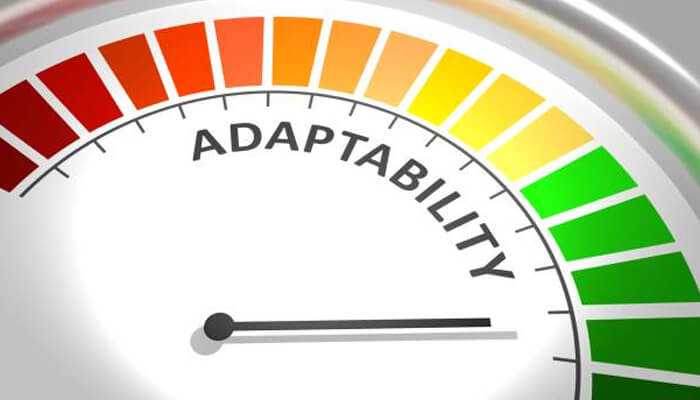It’s not easy to learn how to launch a business, but doing so is essential if you want to be successful in your endeavor. Business starting from the bottom requires resilience, planning, dedication, and the ability to learn. While it is not always what many businesspeople want to do, starting a business from the bottom is usually the most useful asset an entrepreneur can acquire.
Instead of buying an already-existing business, you should consider starting yours from scratch. As you meander your way to the top, take any challenge you encounter along the way as a strategic advantage and learn from the solutions you discover to deal with such issues.
As we have stated, starting from the bottom can be an asset for businesspeople for several reasons:
1. Strong work ethic
Starting at the bottom typically requires hard work and determination to climb the corporate ladder. This work ethic often carries over into a person’s entrepreneurial endeavors, as they are accustomed to putting in the effort required to succeed.
2. Understanding all levels
Starting at the bottom provides a deep understanding of how a business operates at every level. This comprehensive knowledge can be a significant advantage when making strategic decisions, as these individuals are more likely to understand how their choices will affect the entire organization.
3. Networking opportunities
Starting at the bottom allows you to build a broad network of colleagues, from fellow employees to supervisors and managers. These connections can be invaluable in the future for finding mentors, partners, or opportunities for advancement.
4. Empathy and understanding
Having experienced entry-level roles, businesspeople are often more empathetic and relatable to their employees. When you’ve done the grunt work, you’re more likely to understand the perspectives and needs of employees at all levels. This empathy can be valuable when managing teams and making decisions that affect the workforce.
5. Risk management
Starting at the bottom can instill a sense of risk aversion. These individuals may be more cautious when making decisions, having seen the consequences of poor choices in their earlier careers. This risk management can be vital in business.
6. Cost Awareness
Starting from the bottom may also give you a keen sense of cost management. Understanding the financial constraints and budgetary considerations faced by a company can be a valuable asset in business.
Those who have experience at the bottom often have a better understanding of cost management and budgeting. They’ve seen firsthand how resources are allocated, which can be crucial in running a business efficiently.
7. Adaptability
Starting at the bottom often involves exposure to various aspects of a business. This exposure can make individuals more adaptable, able to handle multiple roles, and understand different functions within a company.
8. Proving your worth
Starting from the bottom allows you to demonstrate your capabilities and commitment to your superiors. As you take on more responsibilities and consistently deliver results, you can earn trust and respect, which can open doors to advancement within the organization.
9. Innovation and problem-solving
People who have worked their way up are often skilled problem-solvers and innovators. They have encountered challenges firsthand and had to find creative solutions to advance. This mindset can be valuable in entrepreneurship or leadership positions.
10. Resilience
The experience of starting from scratch often comes with setbacks and difficulties. Overcoming these obstacles builds resilience, which is an important trait for business success.
Conclusion
Starting a business from the bottom can be the most difficult experience for any businessperson. However, it is also the most rewarding undertaking for any entrepreneur. Your success from the bottom will be a valuable asset that will help you in many ways, from skill development to building strategic networks and being able to inspire others with success stories. What matters most is your commitment, adaptability, and ability to leverage your experiences, whether they begin at the bottom or elsewhere, to your advantage.




